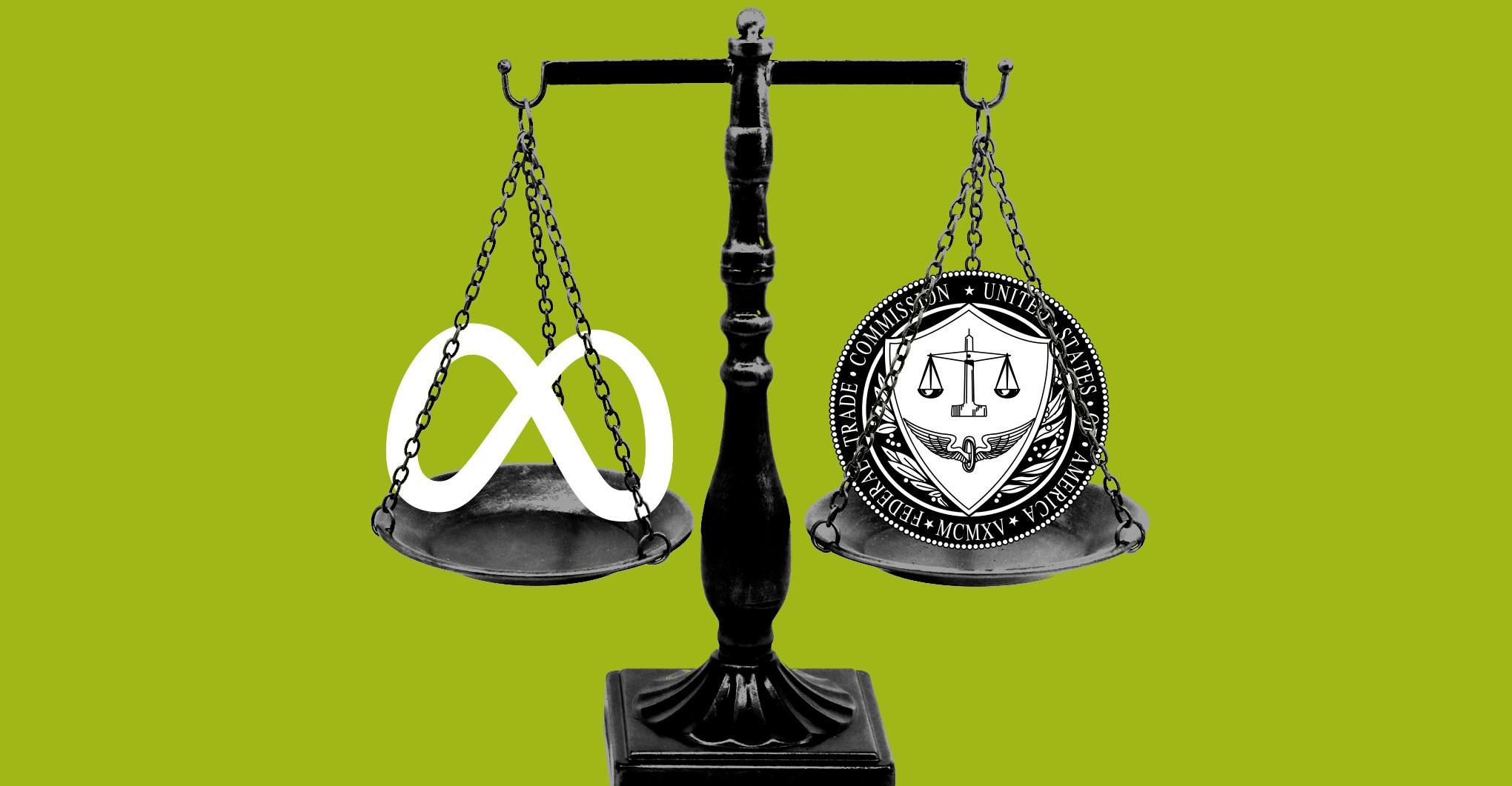Technology
- Home
- Technology
- News
Republicans are determined to make you pay more for gas
Things are getting nutty in the world of vehicle fuel economy standards. Last week, Transportation Secretary (and ex-reality TV contestant) Sean Duffy declared that he was resetting the Corporate Average Fuel Economy (CAFE) standards that govern vehicle fuel …

Published 7 months ago on Jun 14th 2025, 5:00 am
By Web Desk

Things are getting nutty in the world of vehicle fuel economy standards.
Last week, Transportation Secretary (and ex-reality TV contestant) Sean Duffy declared that he was resetting the Corporate Average Fuel Economy (CAFE) standards that govern vehicle fuel efficiency in the US. Duffy confidently declared that the current CAFE standards, in which fuel economy would increase 2 percent per year for passenger car model years 2027–2031 and 2 percent per year for light-duty trucks model years 2029–2031, “illegally” considered electric vehicles, and therefore were null and void. So while it works on reversing those standards, Duffy said the Trump administration would simply stop enforcing the current ones.
The rules were being rewritten to make “vehicles more affordable and easier to manufacture in the United States,” Duffy said. Experts say rolling back the CAFE standards will have the opposite effect: cars will be less fuel efficient, forcing their owners to shell out more for gas over time.
“Making our vehicles less fuel efficient hurts families by forcing them to pay more at the pump,” Katherine García, director of the Sierra Club’s Clean Transportation for All program, said in a statement. “This action puts the well-being of our communities at risk in every way imaginable. It will lead to fewer clean vehicle options for consumers, squeeze our wallets, endanger our health, and increase climate pollution.”
The CAFE standards were first issued in response to the 1973 energy crisis. The law requires the National Highway Traffic Safety Administration to set standards for the “maximum feasible” average fuel economy levels that car and truck manufacturers can achieve in their fleets in a given model year.
If the Biden rules were allowed to play out, new cars and passenger trucks would have to travel on average 50.4 miles per gallon by 2031. Individual vehicle owners would save an average of $600 in fuel costs over the life of their vehicles. And the US would avoid having to burn more than 70 billion gallons of gasoline through 2050, resulting in more than 710 million metric tons of pollution out of the air — the equivalent of taking more than 230 million vehicles off the road.
Meanwhile, Senate Republicans are racing ahead with a budget reconciliation bill that would zero out fines for automakers that fail to meet the current CAFE standards — in effect making those rules completely toothless. Noncompliance fines have brought in hundreds of millions of dollars to the federal coffers over the years. Stellantis, which owns Jeep and Dodge, paid over $400 million in civil penalties from 2016–2019, and then $190.7 million from 2019–2020, while General Motors paid $128.2 million in 2016–2017, Reuters reports.
Naturally, the automakers are giddy at the possibility of zero consequences for exceeding fuel economy standards. “The standards are out of sync with the current market reality and immediate relief is necessary to preserve affordability and freedom of choice,” Stellantis told Reuters. The Alliance for Automotive Innovation, which represents Detroit’s Big Three automakers, praised the Republican bill, as well as Duffy’s novel interpretation of the current CAFE standards. In 2022, this same group praised President Joe Biden’s CAFE standards as “good and appreciated.”
These are the same companies that used to claim to care about fighting climate change and creating a world with “zero emissions,” as GM once said. Carlos Tavares, who recently resigned as CEO of Stellantis, said last October that he supports stricter emission and fuel economy rules in Europe and the US because he wanted to be on “the right side of history.” He recalled in wrenching detail the experience of his daughter driving through a wildfire in Portugal, in which the heat was so intense it melted the door panel of her car.
Now, when faces with proposals that would worsen the effects of climate change by allowing automakers to make more polluting vehicles, those same automakers are enthusiastic in their support.
This shouldn’t come as any surprise. Automakers were complicit in the first Trump administration’s attempt at weaken fuel economy standards. And they support the administration’s efforts to nullify California’s ban on the sale of gas-powered cars and trucks by 2035. They are firmly on the side of making more money, not preventing wildfires and floods caused by a heating planet.
Blast reported at peace committee member’s residence in KP’s DI Khan
- 2 hours ago

FTC says it will appeal Meta antitrust loss
- 21 hours ago
TikTok seals deal for new US joint venture to avoid American ban
- 6 hours ago

OpenAI’s 2026 ‘focus’ is ‘practical adoption’
- 21 hours ago
Pakistani man jailed for 36 years in Spain ‘love scam’ debt murder case
- 2 hours ago

Yet another record of gold prices in Pakistan
- 7 hours ago

ICE is forcing a reckoning among America’s religious leaders
- 19 hours ago

How much can a city take?
- 21 hours ago
Nine killed, child hurt after avalanche hit house in Chitral
- 6 hours ago
DAVOS 26: World order changing, not rupturing, finance chiefs say
- 8 hours ago
PCB announce T20I squad for Australia series
- 7 hours ago
Death toll from Karachi’s Gul Plaza blaze reaches 71
- 3 hours ago
You May Like
Trending







